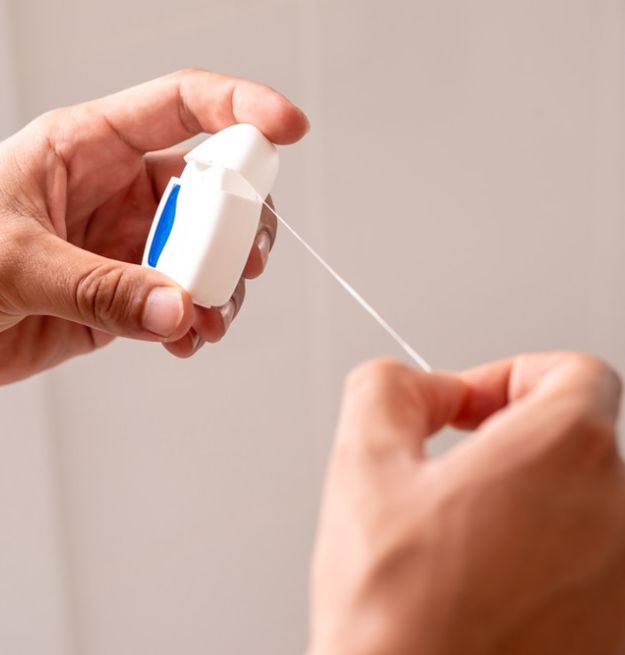Alameda Aesthetic Dentistry

Gentle Flossing, Lasting Smiles – Care by Alameda Aesthetic Dentistry
Flossing is vital to maintaining a healthy smile, yet it's often overlooked or done incorrectly. At Alameda Aesthetic Dentistry, we emphasize the importance of flossing to prevent plaque buildup, gum disease, and tooth decay.
Many patients who visit a dentist in Alameda, CA, experience issues like gum sensitivity or bleeding due to improper technique. Mastering this simple habit can significantly improve oral health and keep your smile bright and pain-free.
Common Mistakes in Flossing
Improper flossing can do more harm than good. Flossing too aggressively can injure your gums and cause recession. Using the wrong type of floss, such as a thick or abrasive one for tight spaces, may lead to discomfort or ineffective cleaning.
Perhaps the most common mistake is not flossing regularly—skipping days can allow bacteria to thrive between teeth. Being mindful of these mistakes can help you develop a healthier, more effective oral hygiene routine.
Choosing the Right Floss
Not all floss is created equal. The variety can be overwhelming, from waxed to unwaxed, flavored to tape-style. Your unique dental needs should guide your choice—tight teeth may benefit from waxed floss, while those with wider gaps might prefer dental tape.
A dentist Alameda residents trust, like those at Alameda Aesthetic Dentistry, can recommend the best floss based on your teeth and gum health. Personalization is key to making flossing easy and effective.
Proper Flossing Technique
Learning how to floss properly without pain starts with technique. Use about 18 inches of floss, wrapping it around your fingers. Gently slide it between your teeth, forming a “C” shape to hug each side.
Avoid snapping the floss, as this can damage gums. Hold the floss taut and move it slowly, removing plaque without irritating the tissue. Gentle, deliberate movements will keep your gums healthy and your flossing pain-free.
Flossing for Different Dental Situations
Flossing can be tricky with braces, bridges, or sensitive gums, but knowing how to floss properly without pain makes all the difference. Use floss threaders or special orthodontic floss for braces. For sensitive gums, softer floss or water flossers may be ideal.
Alternatives like interdental brushes and water flossers provide a gentle yet thorough clean. Consult our dentist to find the best solution tailored to your dental condition and comfort level.
Incorporating Flossing into Your Routine
Consistency is key when learning how to floss properly without pain. The best time to floss is before brushing at night, allowing fluoride to reach between your teeth. Build a habit by setting daily reminders or flossing during a specific activity, like watching TV.
Pair flossing with brushing, mouthwash, and regular dental visits for a complete routine. With practice, flossing will become a seamless and painless part of your oral hygiene.